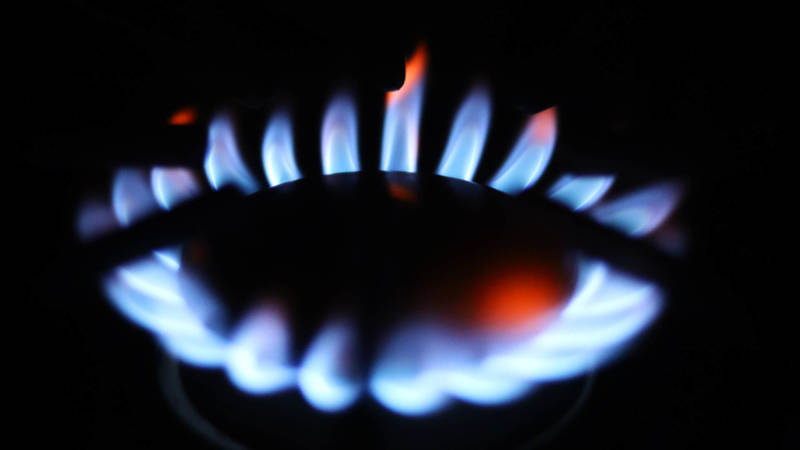Update Dec. 2 2020: Both San Jose and Oakland have passed bans on natural gas in new buildings and homes. Read the story here.
Original post
The San Jose City Council will vote Tuesday on a measure to ban natural gas in nearly all newly constructed buildings beginning in August. If the ban passes, the city will become the largest in California to adopt rules requiring all-electric appliances in new homes and towering office buildings alike in an effort to fight climate change.
The resolution is supported by Mayor Sam Liccardo, city staff and many other city leaders who argue prohibiting natural gas in new buildings will accelerate a transition to a renewable energy future for San Jose while making homes more efficient and affordable for residents.
“It is incumbent on every city and every resident to take aggressive action amid this climate emergency,” the mayor said in a statement earlier this month.
When San Jose declared a climate emergency last year, the city committed to prohibiting natural gas in new buildings citywide by 2023.
The city’s proposal follows Berkeley’s fist-in-the-nation ban. San Francisco and many other California cities have passed similar rules.
But San Jose’s plan could have the largest impact. The city — home to more than 1 million residents — revealed in its latest inventory that building emissions account for a third of the city’s emissions of planet-warming gases.
The city estimates the ban will prevent 608,000 tons of carbon emissions from wafting into the atmosphere over the next half century.

